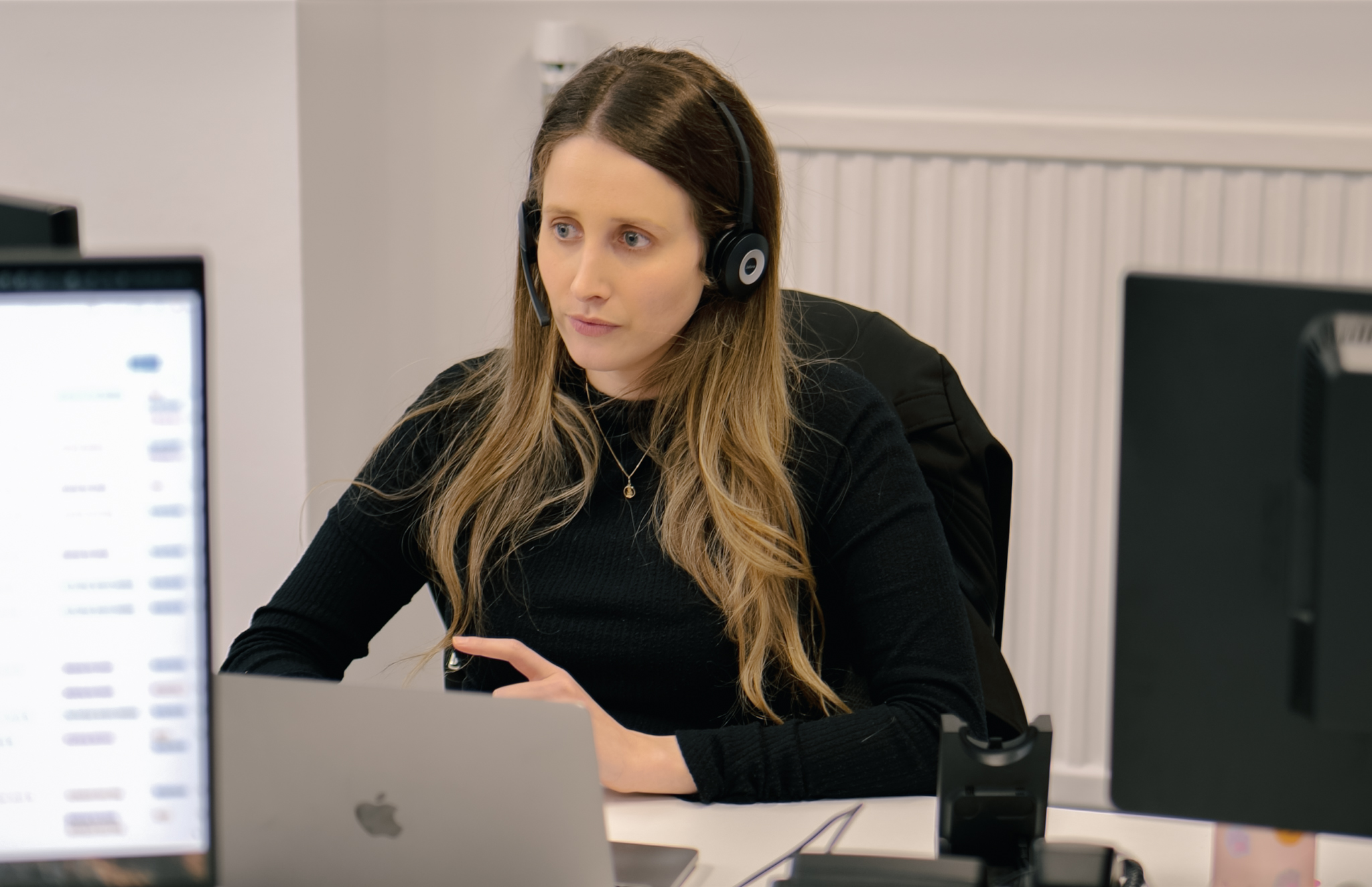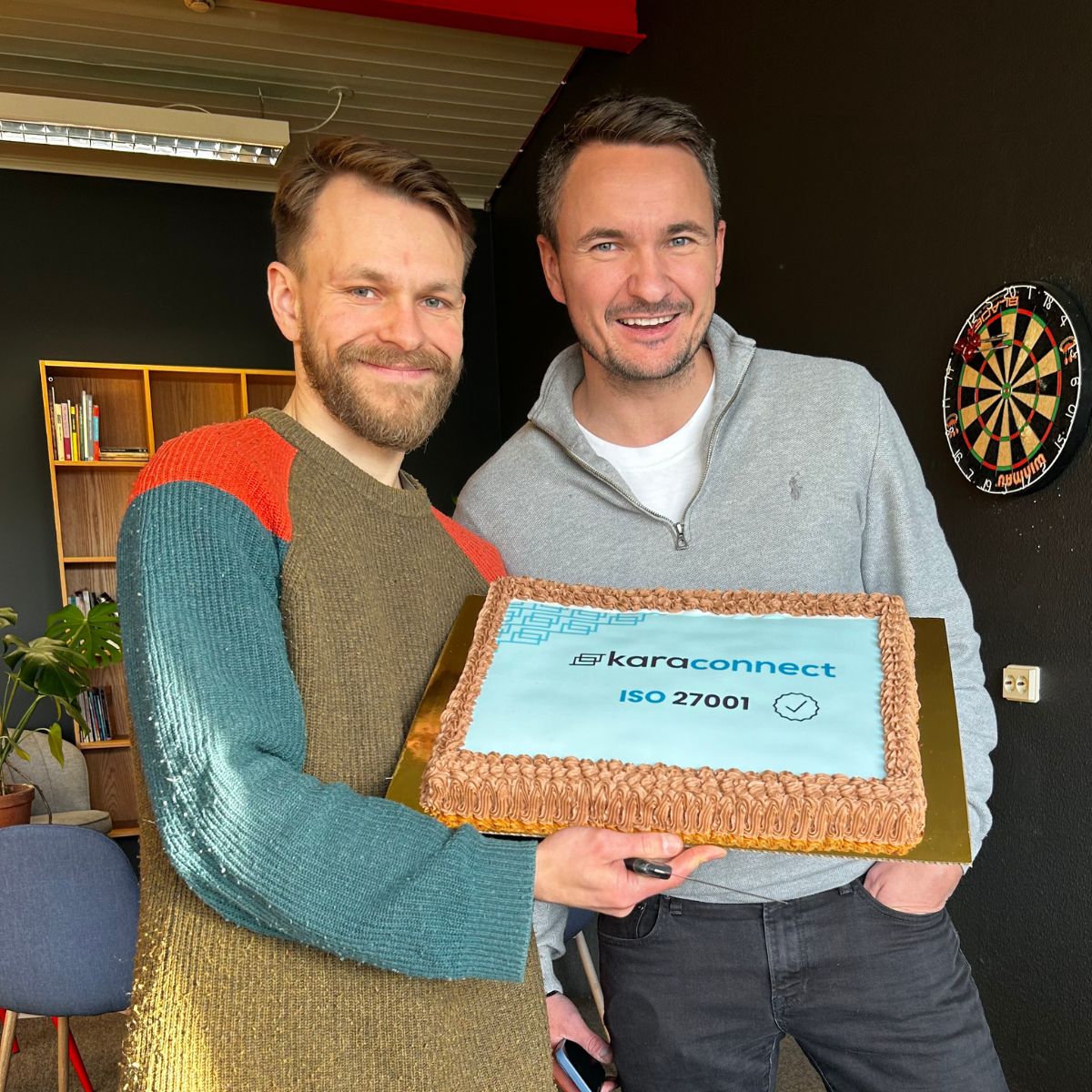Navigating the security seas: the crucial role of SOC 2 and ISO 27001 compliance for SaaS companies
In this blog post, we’ll explore why these compliance standards are crucial for SaaS companies and compare the unique benefits they bring to the table.
In the world of Software as a Service (SaaS), data is crucial. To ensure operations are safe and secure, it’s important to have strong cyber security measures. SOC 2 and ISO 27001 compliance are trusted standards, and they’re essential to maintaining trust in the industry.
The crucial role of SOC 2 compliance:
1. Customer trust and credibility:
SOC 2 compliance is a gold standard for customer trust. It assures clients that a SaaS provider has implemented and adheres to stringent security controls, ensuring the confidentiality, integrity, and availability of their data.
2. Industry recognition and market differentiation:
Achieving SOC 2 compliance is a significant accomplishment that sets a SaaS company apart in a crowded market. It serves as a badge of honour, signalling to potential clients that the company takes data security seriously.
3. Data protection and risk mitigation:
SOC 2 is specifically designed to address the unique challenges of service organisations, including SaaS companies. By identifying and mitigating risks, SOC 2 compliance provides a robust framework for protecting sensitive customer data.
4. Continuous improvement:
SOC 2 compliance is not a one-time effort. It promotes a culture of continuous improvement by requiring regular assessments and updates to security measures. This adaptability is crucial in the ever-evolving landscape of cybersecurity threats.
5. Operational Efficiency:
The processes and controls implemented for SOC 2 compliance often lead to increased operational efficiency. Streamlined workflows and well-defined security protocols contribute to a more resilient and secure SaaS infrastructure.

The crucial role of ISO 27001 compliance:
1. Global recognition and standardisation:
ISO 27001 is an internationally recognised standard for information security management systems (ISMS). Achieving ISO 27001 compliance positions a SaaS company as a global player committed to meeting and exceeding international security standards.
2. Comprehensive information security management:
ISO 27001 provides a comprehensive framework for information security management, covering not only technical controls but also organisational and procedural aspects. This holistic approach ensures that all facets of security are considered.
3. Legal and regulatory compliance:
ISO 27001 compliance helps SaaS companies meet legal and regulatory requirements related to information security. This is crucial in industries where stringent data protection regulations are in place.
4. Risk assessment and treatment:
ISO 27001 places a strong emphasis on risk assessment and treatment. This proactive approach allows SaaS companies to identify and address potential security risks before they become significant threats.
5. Continual improvement and adaptability:
Similar to SOC 2, ISO 27001 encourages continual improvement. Regular assessments and updates to the information security management system ensure that a SaaS company remains adaptable and resilient in the face of evolving threats.

A comparative look:
A comparative look:
Overlap:
Both SOC 2 and ISO 27001 share common ground in emphasising the importance of risk management, continuous improvement, and a commitment to protecting sensitive information.
Scope:
SOC 2 is more focused on service organisations, making it particularly relevant for SaaS companies. ISO 27001, being a broader standard, is applicable to a wide range of industries beyond SaaS.
International vs. industry recognition:
ISO 27001 is recognised globally, making it suitable for SaaS companies with an international presence. SOC 2, while gaining traction internationally, is particularly recognised within the tech and service industries.
Controls and framework:
SOC 2 provides specific criteria and controls tailored to service organisations. ISO 27001, being more general, allows for greater flexibility in implementation.
Conclusion
Conclusion
In conclusion, both SOC 2 and ISO 27001 compliance are crucial for SaaS companies, each bringing its unique strengths to the table. While SOC 2 is tailored to the specific needs of service organisations, ISO 27001 provides a globally recognised and comprehensive framework for information security management. The choice between the two depends on the specific goals, industry context, and global footprint of the SaaS company. Ultimately, both standards play a vital role in fortifying the security foundations of SaaS operations in an increasingly interconnected and data-driven world.
Cognisys and Vanta have partnered to offer our clients unparalleled value. With our expertise in cyber security and compliance combined with Vanta’s industry-leading technology, we can help you achieve the framework you’re working towards. Contact us to get started.




